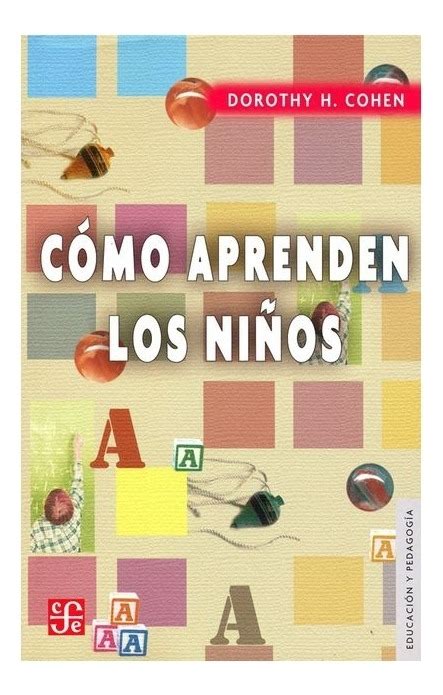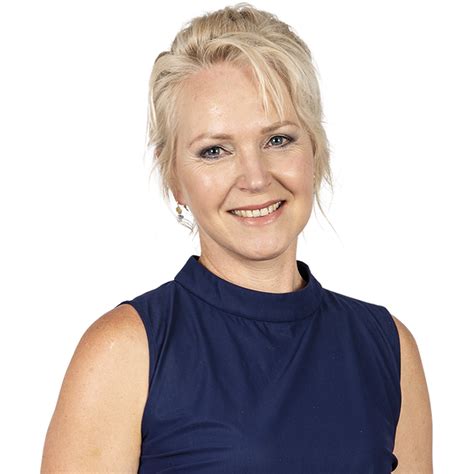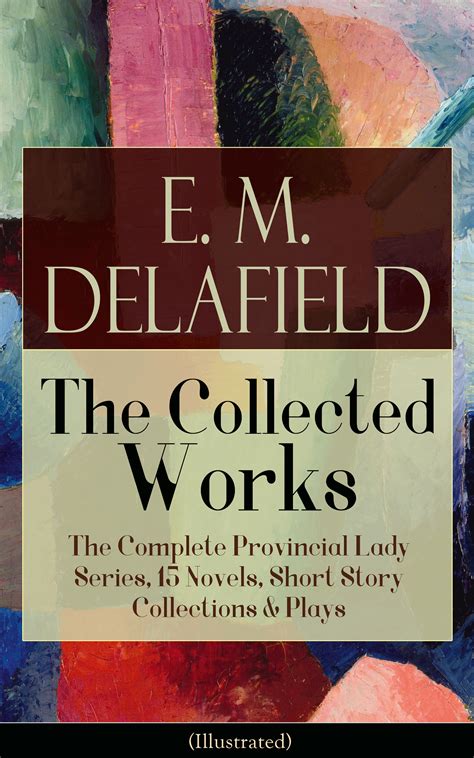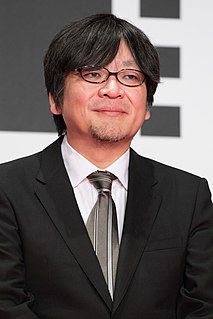A Quote by Dorothy H Cohen
Parents can offer their help by suggesting and locating resources likely to be unfamiliar to children, such as people, books, andmaterials that can be useful.
Related Quotes
Parents who are stressed or disturbed will have more difficulty in meeting their children's needs. Parents who have little support--from friends, relatives, neighbors, or the community--are more likely to be overburdened by the demands of their babies and to be unable to respond to them adequately. Parents who experience severe poverty or economic insecurity, who cannot satisfy their own basic needs, are likely to have difficulty in responding to their children's needs.
My daughter is seven, and some of the other second-grade parents complain that their children don't read for pleasure. When I visit their homes, the children's rooms are crammed with expensive books, but the parent's rooms are empty. Those children do not see their parents reading, as I did every day of my childhood. By contrast, when I walk into an apartment with books on the shelves, books on the bedside tables, books on the floor, and books on the toilet tank, then I know what I would see if I opened the door that says 'PRIVATE--GROWNUPS KEEP OUT': a child sprawled on the bed, reading.
They [parents] can help the children work out schedules for homework, play, and television that minimize the conflicts involved inwhat to do first. They can offer moral support and encouragement to persist, to try again, to struggle for understanding and mastery. And they can share a child's pleasure in mastery and accomplishment. But they must not do the job for the children.
Andrew said you were the best person he ever knew." "He reached that conclusion before he saw me raise three barbarian children to adulthood. I understand your mother has six." "Right." "And you're the oldest." "Yes." "That's too bad. Parents always make their worst mistakes with the oldest children. That's when parents know the least and care the most, so they're more likely to be wrong and also more likely to insist that they're right.
We started with things like locating ski runs or locating a transmission line corridor or locating a new town or doing a coastal zone plan. We ourselves weren't doing the planning work, but we were doing all the mapping work for the landscape architects and planners who would subsequently incorporate the maps into their actual designs.
The poor, and especially poor people of color, don't have the luxury of raising 'free-range' children without risking severe consequences. Parents of color don't receive a visit and a warning if their children are found playing alone; they are immediately blamed and far more likely to be arrested or lose custody of their children.
Westerners often laud their children as 'talented' or 'gifted', while Asian parents highlight the importance of hard work. And in fact, research performed by Stanford psychologist Carol Dweck has found that the way parents offer approval affects the way children perform, even the way they feel about themselves.
The human community and individual people are more likely to hurt or undernourish children they think of as 'bodies' to be used. Cultures and people are more likely to raise children to be mere economic interns rather than fully developed humans if they see children as 'bodies' to be forced into certain economic and social molds.




































